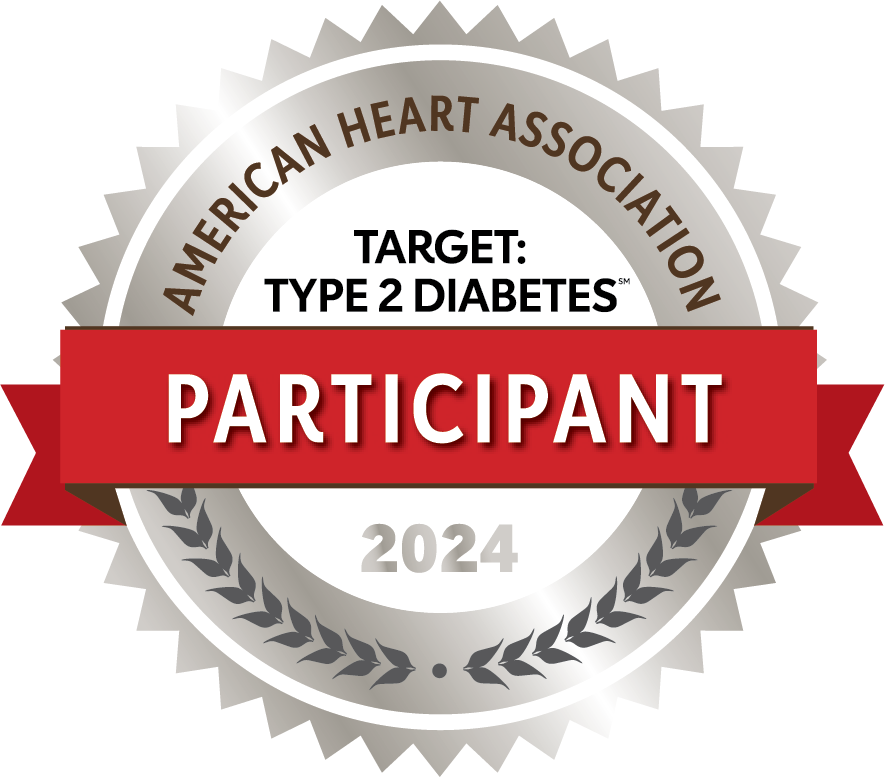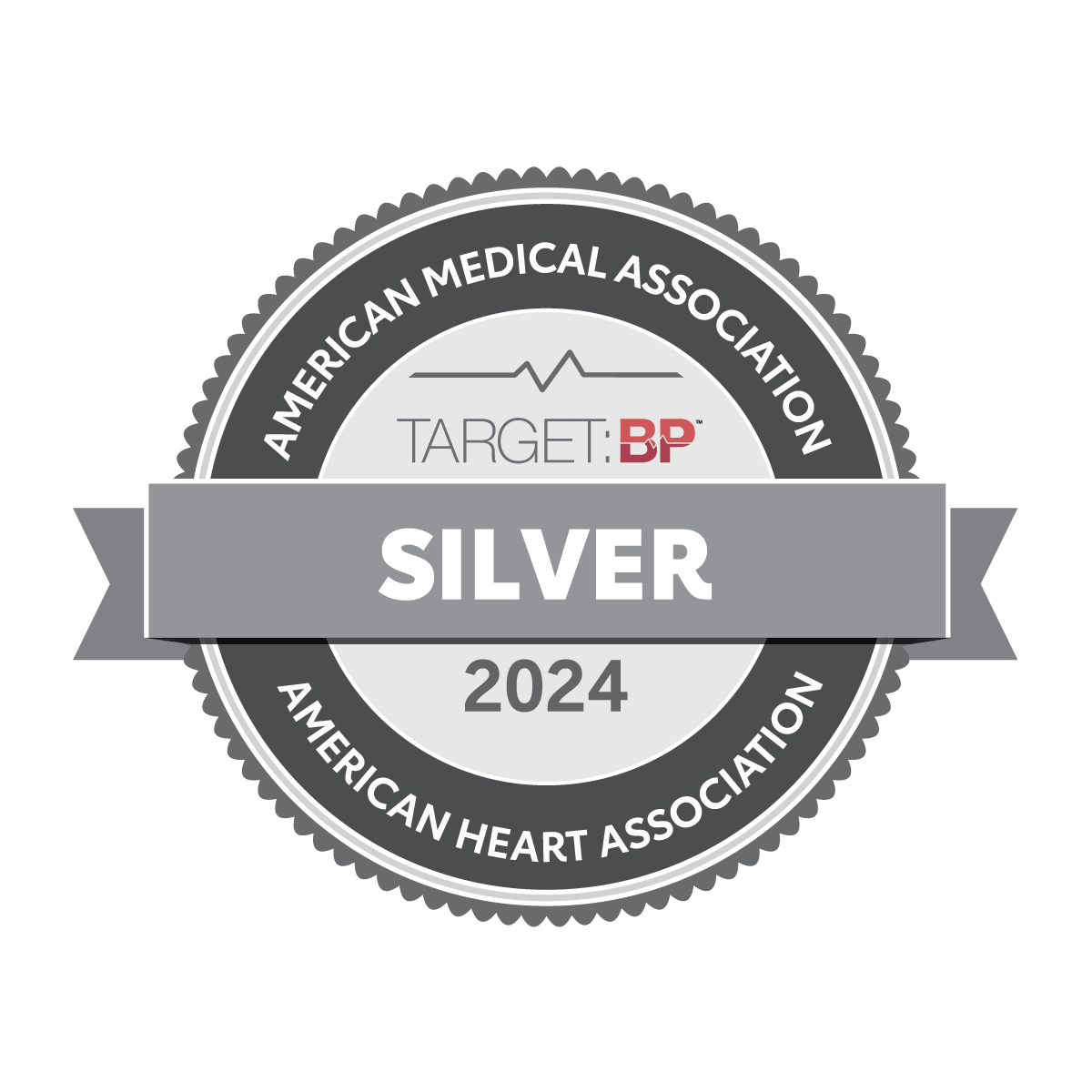As part of the Great American Smokeout event, we are sharing tobacco cessation tips. Start your journey towards quitting today!
Tobacco cessation tips:
- Be ready/motivated
- Take responsibility for quitting. Others may want to help you but it is ultimately up to you.
- It is a process that takes time and energy and often you may fail multiple times before success comes – don’t be discouraged. Often we are own worst enemy.
- Triggers and withdrawal symptoms are normal, so expect them and plan for them.
- Make a plan with your loved ones of how they can best support you on your journey.
- Communicate your needs to your support group – they can’t help if they don’t know.
Ways to support someone who is quitting are similar to the ways you can support someone with a chronic condition:
- Celebrate all efforts to quit tobacco.
- Offer encouraging words and other incentive.
- Remind your loved one that you are there to support when needed.
- Be supportive during relapses. Quitting is hard!
As you know, smoking tobacco is the number one cause of preventable disease, lung cancer, heart disease, strokes, asthma, disability and death. Some little known facts:
- 76% of Teens and 93% of “Tweens” do NOT smoke but of those who do, 4 – 13% smoke E cigarettes and 3 – 9% use Hookah. They are the most targeted population by tobacco companies by sponsoring concerts/sporting events, offering coupons/free products, candy flavored cigarettes, magazine and online advertising.
- Pregnant women: 45% return to smoking within 2 – 3 months after having a baby, at 6 months after giving birth, 60 – 70%, and 13% continue smoking throughout their pregnancy despite quitting being the single best thing she can do to protect her baby. Triggers for pregnant women are having a partner who smokes, concerns about weight, “baby blues,” stress and lack of sleep, major life change, and lack of social support.
- Among those of us with mental health concerns: 36% smoke and 31% of all cigarette sales are in this population. Again, they are frequent targets of tobacco companies.
When you quit smoking, changes to your body are almost immediate.
- Within 20 minutes, your blood pressure and heart rate decrease and temperature of hand and feet increase.
- Within 8 hours, you carbon dioxide levels return to normal and oxygen levels return to normal if there is no lung disease.
- Within 24 hours, your risk for heart attack decreases.
- Within 48 hours, your sense of taste and smell improve.
- 2 – 12 weeks: increase in circulation and lung function and you may notice you can walk easier.
- 4 – 36 weeks: there is a decrease in cough, sinus congestion, fatigue and shortness of breath.
- 1 year: risk for heart attack decreases by 50% to that of smokers.
Valley-Wide providers can help you to become a quitter and in this case, quitters do win!











